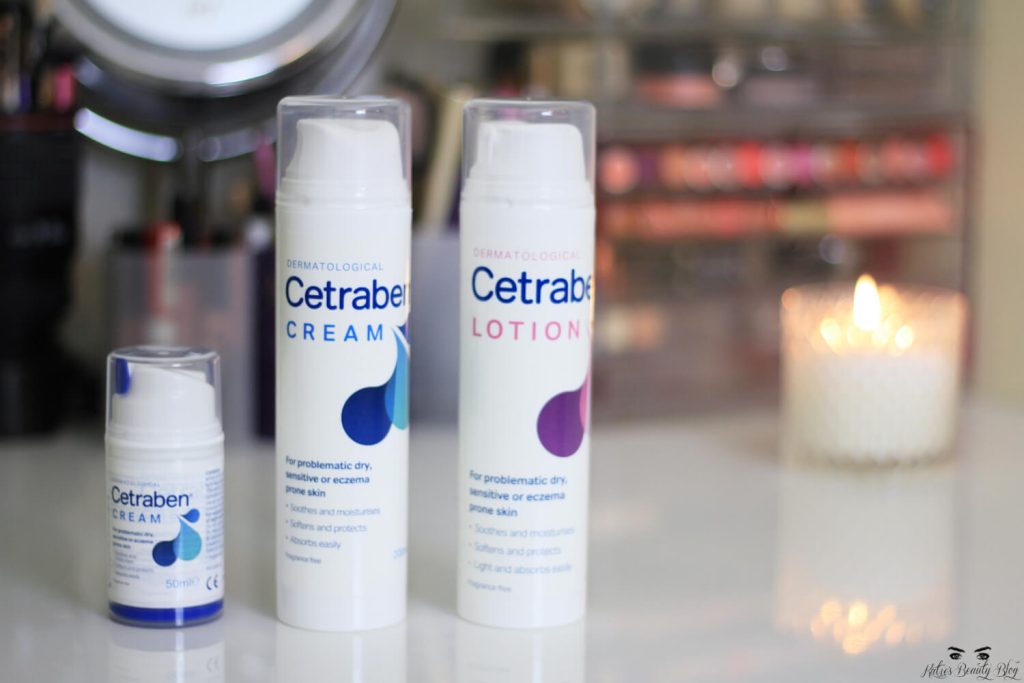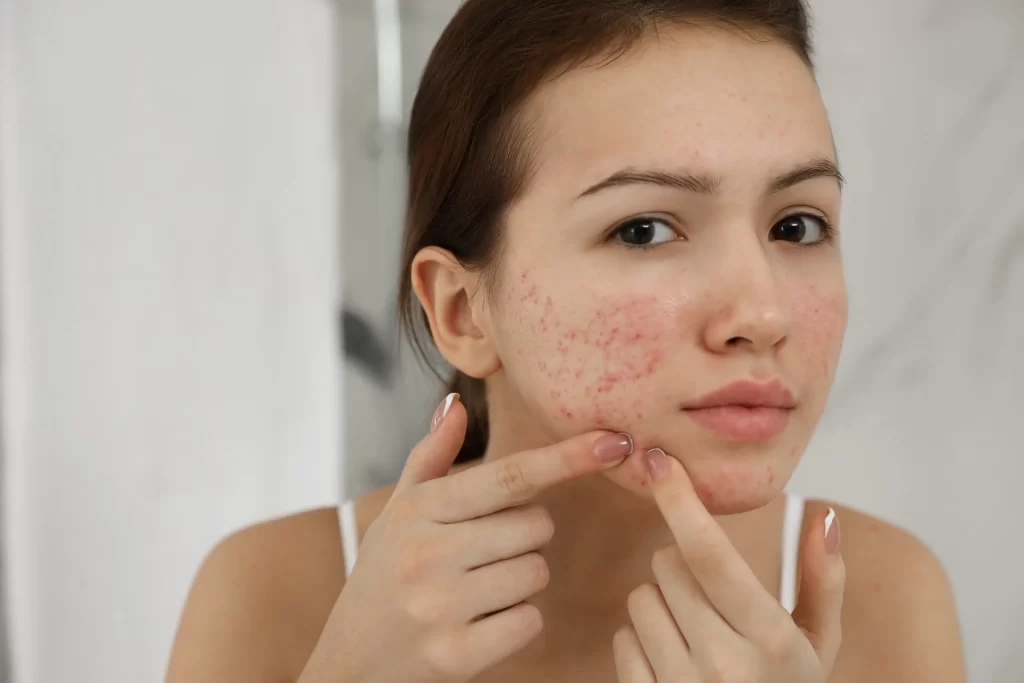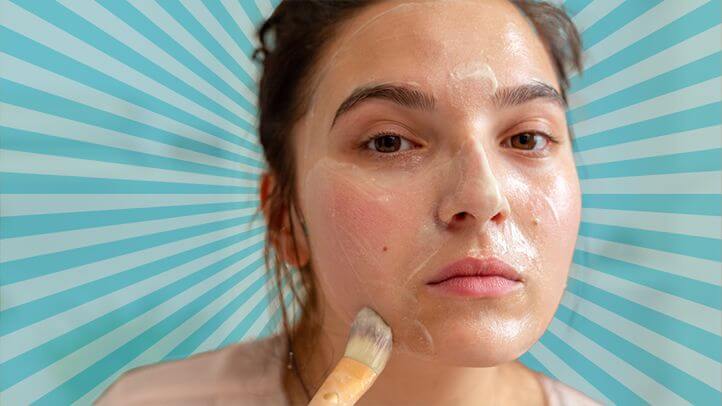Is Cetraben Good for Acne?

Acne is a common skin condition that affects millions of people worldwide. It can be caused by various factors such as hormonal changes, genetics, and environmental factors. Cetraben is a skincare product that is widely used for treating dry and sensitive skin. In this blog post, we will discuss whether Cetraben can be used for treating acne.
Understanding Acne
Acne is a skin condition characterized by the appearance of pimples, blackheads, and whiteheads on the face, neck, back, and chest. Acne is caused by clogged hair follicles, excess oil production, and the growth of bacteria on the skin. Hormonal changes, genetics, and environmental factors can contribute to the development of acne. There are several types of acne, including inflammatory acne, non-inflammatory acne, and nodular acne.

What is Cetraben?
Cetraben is a skincare product that is designed to soothe and protect dry and sensitive skin. It is a thick, white cream that contains a blend of emollients, humectants, and occlusives that help to restore the skin’s natural barrier function. Cetraben contains ingredients such as glycerin, cetearyl alcohol, and paraffinum liquidum.
Can Cetraben be used for Acne?
Cetraben is not specifically designed for treating acne, but it can be used to soothe and moisturize the skin affected by acne. Cetraben contains emollients that can help to reduce dryness and inflammation associated with acne. However, it is not known to have any antibacterial properties that can help to kill the bacteria that causes acne.

Research on Cetraben and Acne
There is limited research on the use of Cetraben for treating acne. However, some studies have shown that moisturizing creams that contain emollients can improve the appearance of acne by reducing dryness and inflammation. In one study, participants who used a moisturizing cream containing glycerin for 8 weeks saw a significant improvement in their acne compared to those who used a non-moisturizing placebo cream.
Pros and Cons of Using Cetraben for Acne
Pros:
- Cetraben can help to soothe and moisturize the skin affected by acne
- It is suitable for people with dry and sensitive skin
- It is readily available over-the-counter
Cons:
- Cetraben is not specifically designed for treating acne
- It does not contain any antibacterial properties that can help to kill the bacteria that causes acne
- It may not be effective for people with severe acne
How to use Cetraben for Acne
It is recommended to use Cetraben for acne by applying a small amount to the affected areas of the skin after cleansing. It can be used up to three times a day, or as needed to soothe dryness and inflammation. It is important to follow the instructions on the packaging and to avoid using too much of the cream, as this can lead to greasiness and clogging of the pores.

Precautions and Potential Side Effects
Cetraben is generally safe to use, but it can cause some side effects such as skin irritation, itching, and redness in some people. It is important to perform a patch test before using Cetraben for the first time to check for any allergic reactions. It is also important to avoid using Cetraben on open wounds or broken skin.
Other Treatments for Acne
There are several other treatments available for acne, including topical creams, oral medications, and skincare routines. Topical creams containing benzoyl peroxide, salicylic acid, or retinoids can help to kill bacteria, reduce inflammation, and unclog pores. Oral medications such as antibiotics, hormone therapy, and isotretinoin can also be effective for treating acne, but they require a prescription from a healthcare provider.
In addition to medications, a consistent skincare routine that includes gentle cleansing, exfoliation, and moisturizing can also help to prevent and manage acne. It is important to avoid harsh scrubs and abrasive products that can irritate the skin and worsen acne.
Comparison of Cetraben to Other Treatments
Compared to other treatments, Cetraben is a gentler option that is suitable for people with dry and sensitive skin. However, it is not specifically designed for treating acne and may not be effective for people with severe acne. Topical creams containing benzoyl peroxide, salicylic acid, or retinoids are more targeted towards treating acne and can be more effective for some people.

When to Consider Other Treatments over Cetraben
If Cetraben does not improve the appearance of acne after a few weeks of use, it may be time to consider other treatments. It is important to consult a healthcare provider to determine the best course of treatment based on the severity of acne and the individual’s skin type and medical history.
Final Thought
In summary, Cetraben is a skincare product that can be used to soothe and moisturize the skin affected by acne. While it is not specifically designed for treating acne, it can help to reduce dryness and inflammation associated with acne. It is important to follow the instructions on the packaging, perform a patch test, and avoid using too much of the cream to prevent potential side effects. It is also important to consult a healthcare provider for severe or persistent acne to determine the best course of treatment.







